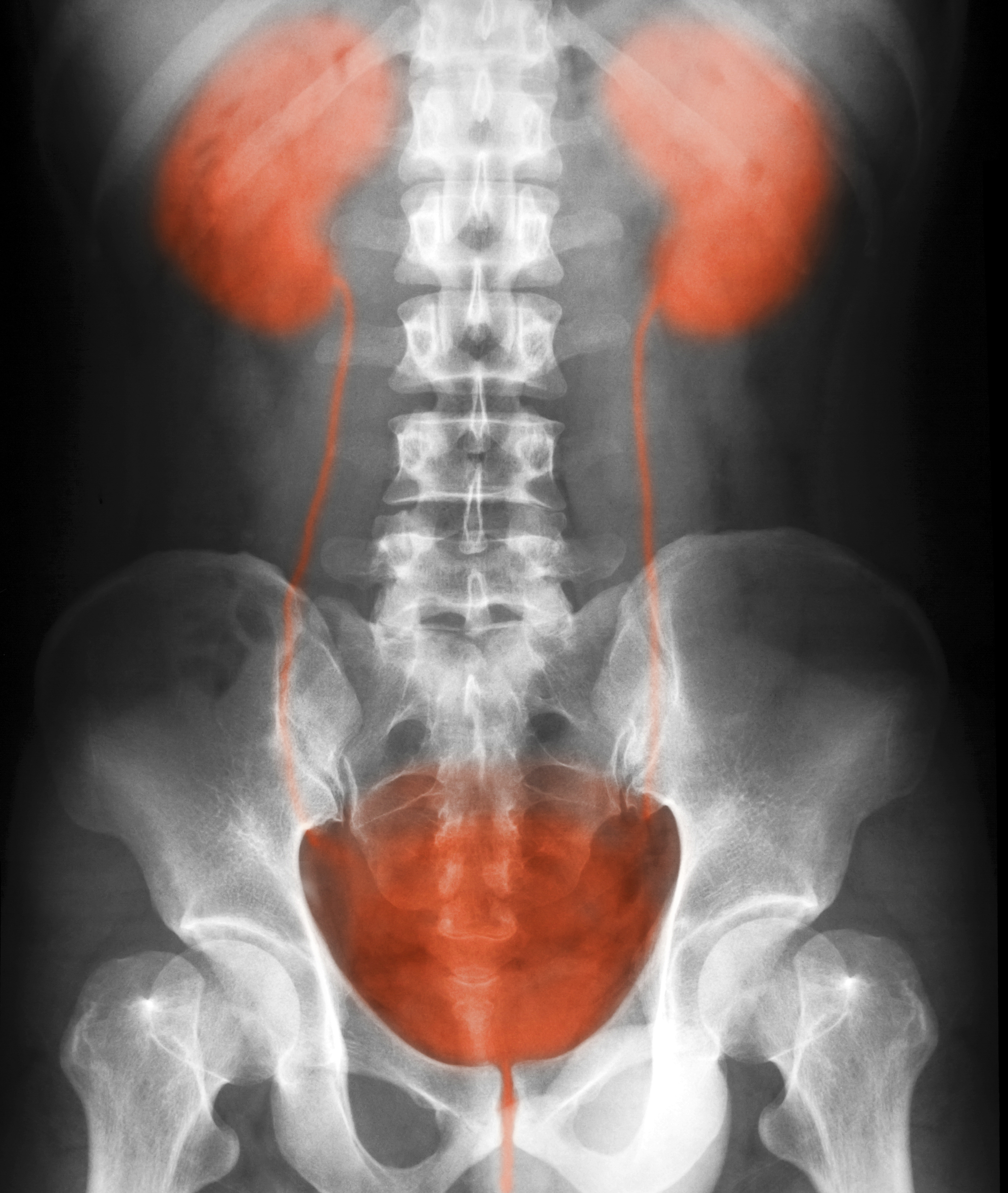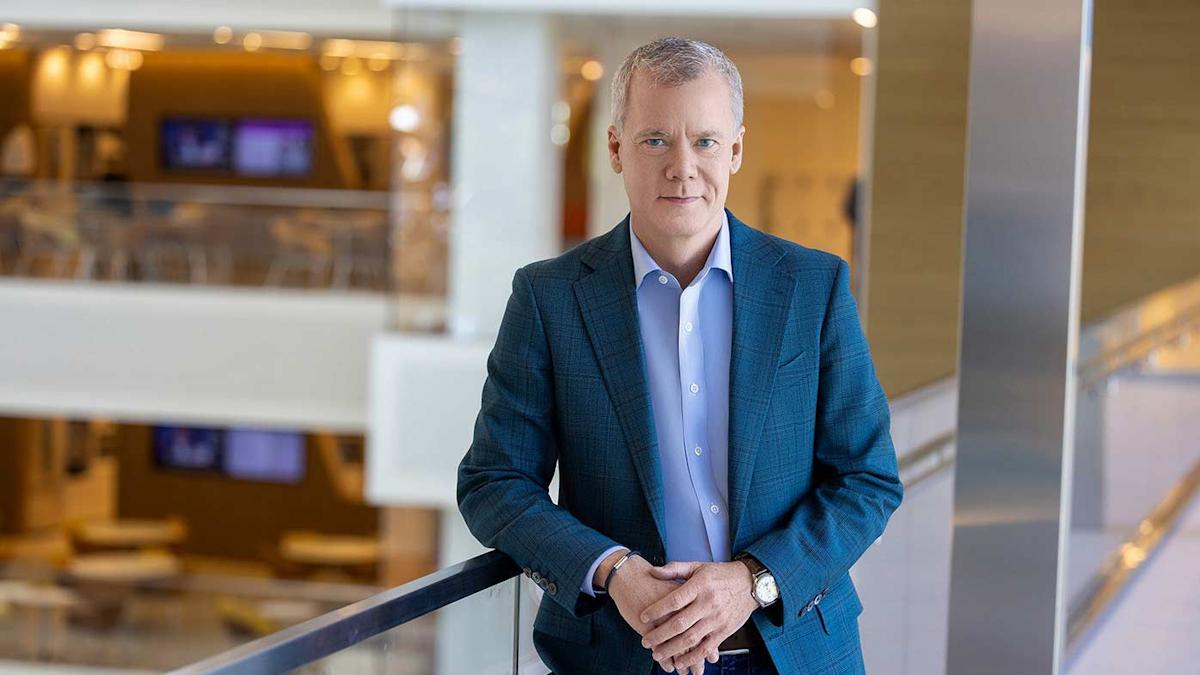NICE rejects Opdivo in advanced kidney cancer

NICE has in first draft guidance rejected Bristol-Myers Squibb's cancer immunotherapy, Opdivo (nivolumab), for use in advanced kidney cancer.
NICE said it rejected Opdivo because it cost more than £60,000 per quality-adjusted life year gained in advanced renal cell carcinoma whose disease has progressed following previous treatment.
This is above NICE's normal £30,000 threshold and extra leeway given for drugs used at the end of life.
Further details in the guidance document show NICE's committee thought the drug cost around £74,000 per QALY compared with Pfizer's Inlyta (axitinib) and almost £92,000 more per QALY than Novartis' Afinitor (everolimus).
NICE added that there were uncertainties in clinical evidence from the CheckMate 025 trial as data were immature, and that survival benefits were unclear.
The committee added that there was no statistically significant benefit for patients who had received two previous treatments.
BMS has yet to offer a discount as often happens in situations such as this. It noted in a statement that Opdivo has been recommended for NHS patients with advanced skin cancer, yet patients with advanced lung and kidney cancer do not have access.
The company pointed out that the Medicines and Healthcare Products Regulatory Agency had earmarked Opdivo as a Promising Innovative Medicine.
BMS gave no indication in the statement about whether it would offer a discount.
Johanna Mercier, general manager at BMS UK & Ireland, said: “It is now up to the government to provide NHS access for the benefit of kidney cancer patients and their families.”
Nick Turkentine, CEO of the charity Kidney Cancer UK, said the decision is a “serious blow” for patients with advanced kidney cancer.
“This drug could potentially extend their lives and today’s outcome clearly shows the need for urgent fundamental reform of how medicines are made available on the NHS,” said Turkentine.
Rose Woodward, from the Kidney Cancer Support Network, said the news is “deeply distressing” for kidney cancer patients.
NICE will consult on the guidance for four weeks, which will be followed by a second draft later this year.












